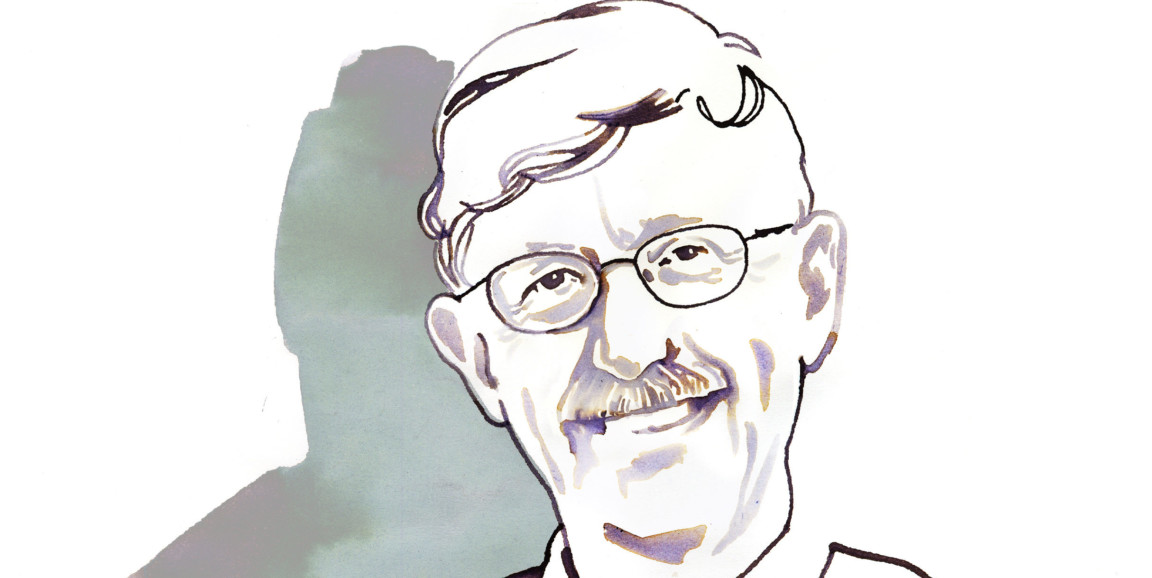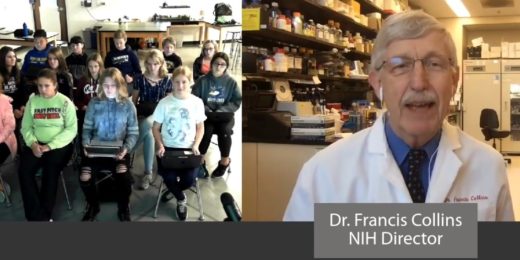In Washington, it's rare to survive from one administration to another -- especially when the party in power changes its stripes. Come Inauguration Day, the prior administration is almost always completely purged and swept aside for new faces.
Yet National Institutes of Health Director Francis Collins, MD, PhD, has not only survived from one administration to the next, he's thrived. Appointed by President Barack Obama in 2009 and reappointed by President Donald Trump two years ago, Collins, a physician-geneticist, is now in his tenth year helming the NIH -- the largest public supporter of biomedical science in the world.
I spoke with Collins for the latest issue of Stanford Medicine magazine on the theme of discovery. One aspect of Collins' professional life especially intrigued me: Why, amid all of his significant responsibilities in running a behemoth federal agency, is discovery still so essential to his core being that he keeps a research lab at the NIH?
He laughed and told me it keeps him sane:
Frankly, sometimes having a personal role in scientific research is good for my mental health. Being the head of the NIH, with all the administrative challenges and political issues that entails, can seem a little heavy at times. It's great to run across to the lab and ask a scientist to show me some data.
After years of financial turmoil, the NIH's budget has not only stabilized, it's grown, thanks to strong bipartisan support in the U.S. Congress. I asked Collins about the congressional expectations that come along with those increased dollars. At the top of the list, he told me, is solving the riddle of Alzheimer's disease.
"Funding for Alzheimer's disease has more than tripled in the past five years because of the crisis it causes many families, and how it could bankrupt our economy in the long run," Collins said.
When I asked him for his elevator pitch about why federal financial support for basic biological research is critical, he went right to one of the biggest advances in decades:
We're all excited about cancer immunotherapy, but that has come about only after decades of basic science trying to understand the immune system. We wouldn't be where we are if not for investments in what seemed, at the time, pretty basic stuff. I don't think anybody would have guessed we would end up having such a big impact on cancer. Maybe on something else, but cancer? Really?
Yes, truly.
Illustration by Tina Berning






